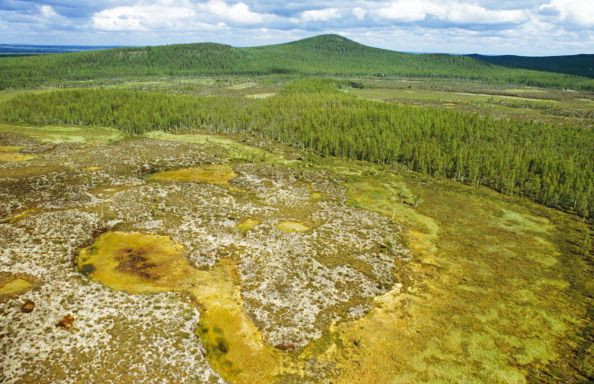Why We Observe International Asteroid Day Every June 30
KEY POINTS
- International Asteroid Day is observed every June 30
- It is observed on the anniversary of the mysterious Tunguska Event over 100 years ago
- The event is observed to raise awareness about the hazards of potential asteroid impacts
It was in December 2016 the United Nations officially declared June 30 as International Asteroid Day. The goal of the event is to raise awareness about asteroids and the potential hazards of an asteroid impact.
At around 7 a.m. on June 30, 1908, a massive explosion equivalent to about 15 megatons of TNT took place near the Podkamennaya Tunguska River in remote Siberia. It charred over 100 square kilometers of pine forest, killing 100 million trees, and the heat was so intense that a man 40 miles from ground zero was thrown off his chair and felt as though his shirt was on fire.
There is still some debate as to what really happened over a hundred years ago, but the common belief is that the explosion was caused by a massive space rock that entered the atmosphere and detonated over Siberia.
The Tunguska Event is the largest asteroid impact in recorded history, and it is estimated an asteroid as massive as the one that caused this incident will enter the Earth's atmosphere once every 300 years.

As such, International Asteroid Day is observed yearly on the anniversary of the Tunguska event to raise awareness about the hazards of potential asteroid impacts such as the one that happened in Siberia.
Today, agencies are monitoring the Near-Earth Objects (NEO) that may pass close to Earth's orbit and could potentially threaten the planet. NASA's Center for Near Earth Object Studies, for instance, computes asteroid and comet orbits as well as their odds of hitting Earth. So far, the center has discovered over 16,000 NEOs.
"The United Nations Office for Outer Space Affairs has worked on NEOs for many years, recognising a NEO impact hazard as a global issue demanding an international response," the U.N. said. "Addressing such a hazard, including the identification of those objects that pose a threat of impact and planning a corresponding mitigation campaign, requires cooperative action in the interest of public safety on the part of the global community."
Sure enough, such events do not just pose a threat to specific places, but the very planet itself.
Further, the day is also an opportunity for people all over the world to learn more about asteroids, their role in the solar system and how they can help with future space exploration.

© Copyright IBTimes 2024. All rights reserved.












